The Hardest Part of Owning a Dog Isn’t What You Think It Is
Getting a dog feels like a no-brainer when all you picture is loyalty and tail wags. However, there’s a whole other side to the experience most people don’t discuss until they’re knee-deep in it. Here’s what really makes dog ownership unexpectedly tough.
They Never Stop Needing You
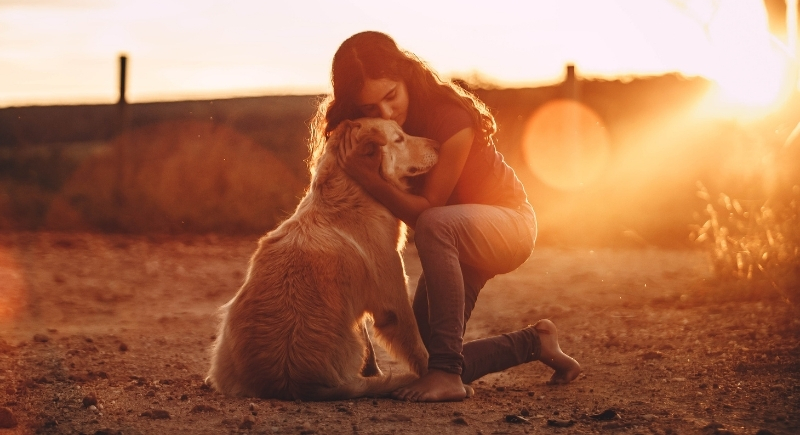
Credit: pexels
Dogs thrive on consistency. That means feeding, walking, cleaning, training, and attention every single day. Rain or flu doesn’t change that. Unlike tasks you can postpone, dogs won’t understand if you’re not feeling up to it. They run on your schedule, even when you wish they didn’t.
Leaving Town Gets Complicated Fast
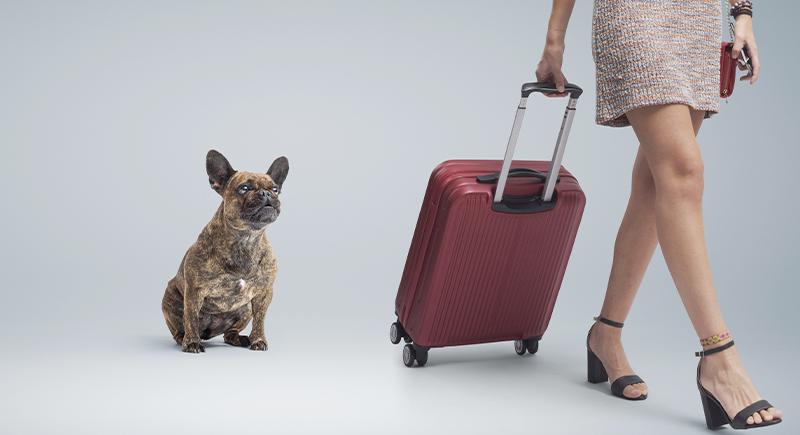
Credit: iStockphoto
Spontaneous trips get tricky when you have a dog. Finding a friend, sitter, or kennel you trust, and one your dog actually tolerates, isn’t simple. Boarding can run over $50 per night, and not all dogs adjust well to new environments.
They Age Faster Than You Can Handle
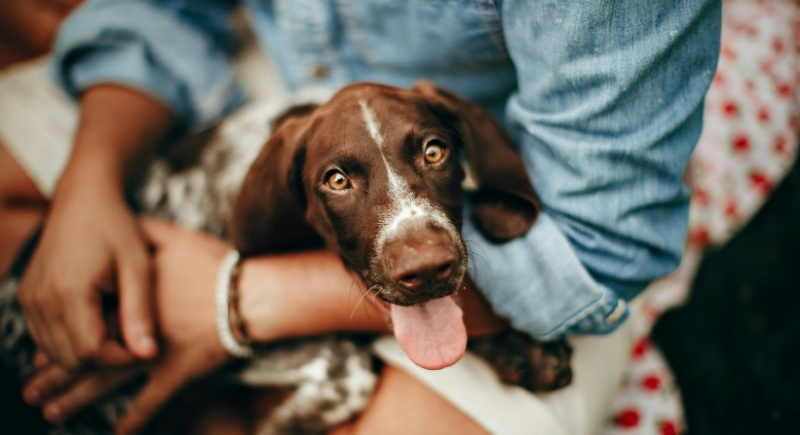
Credit: pexels
Dogs age roughly seven times faster than humans. In two years, they’re full-grown adults. In ten, they may be facing organ issues or cognitive decline. Their lifespan is heartbreakingly short, and the speed at which health problems develop can catch owners off guard.
Training Isn’t a One-Time Thing
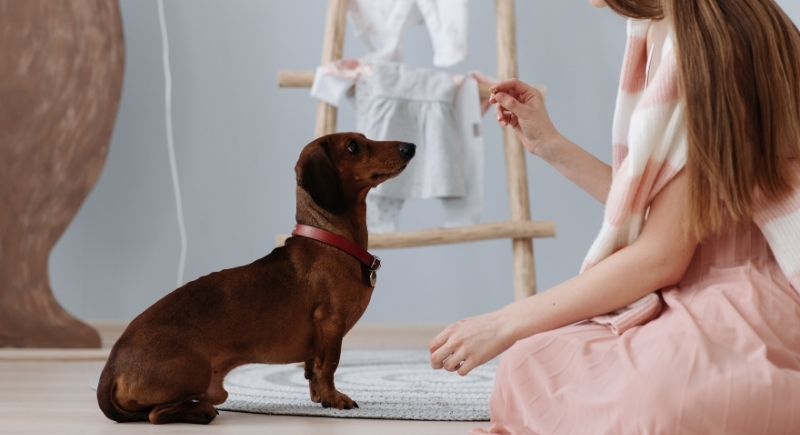
Credit: pexels
Teaching “sit” and “stay” is only the intro course. Dogs backslide if you’re not consistent. Even well-behaved dogs regress if routines change. A move, a new baby, or even your own stress levels can trigger new behaviors you didn’t see coming, and you’ll need to retrain like it’s day one.
Vet Bills Aren’t Predictable
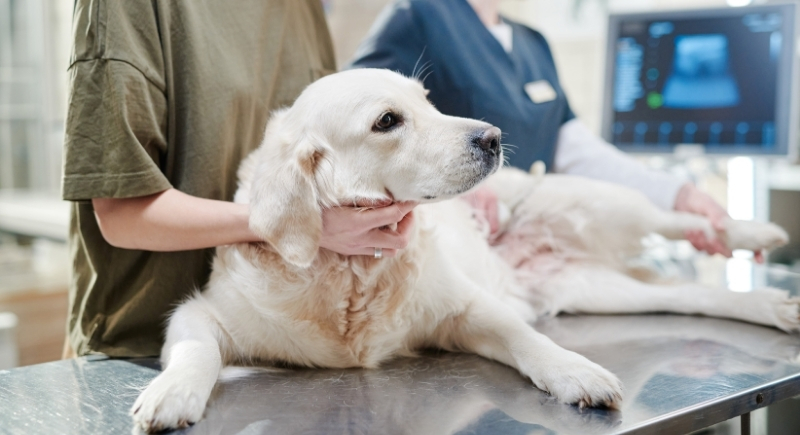
Credit: Canva
Annual checkups and vaccines might seem manageable, but unexpected emergencies can balloon fast. Treating a common illness like kennel cough can cost $300. Surgery for a swallowed sock can run $2,000 or more. Chronic issues like allergies or hip dysplasia mean recurring costs—medications, diagnostics, and follow-ups.
They’re Terrible at Telling You What’s Wrong
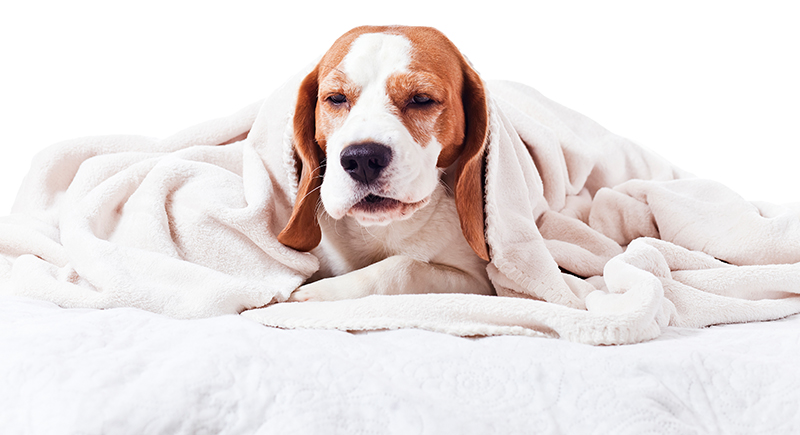
Credit: iStockphoto
Dogs can’t say “my stomach hurts” or “that noise scared me.” You’ll often be left guessing whether the issue is minor or urgent. That odd cough might be allergies or something more serious. You become part detective, part nurse, hoping you’ve made the right call before the symptoms escalate.
Dog Hair Has No Boundaries

Credit: iStockphoto
It ends up in your coffee, on your clothes, stuck in your phone case, and somehow even in the refrigerator. Shedding isn’t limited to particular breeds, too. Vacuuming turns into a daily ritual. And still, you’ll find a single strand of fur on your pillow.
They Can Seriously Limit Your Social Life
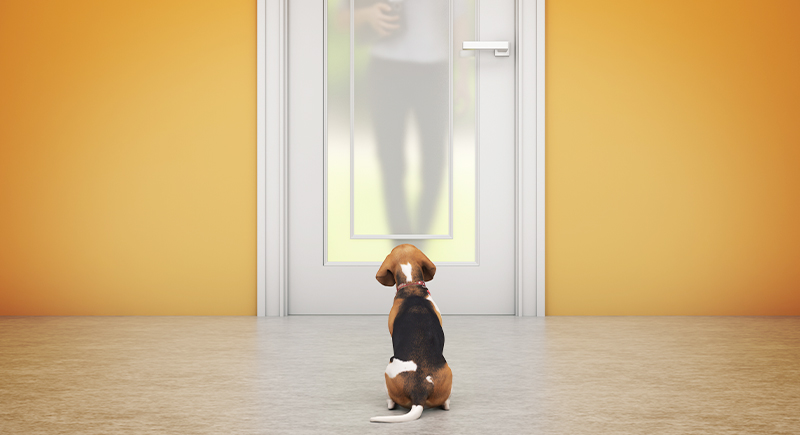
Credit: iStockphoto
Spending the night at a friend’s means heading home first to feed or walk your dog. After-work plans often get cut short. Dog-friendly bars and patios help, but not all dogs enjoy the chaos. Social events start revolving around how long they can be left alone.
Grief Hits Harder Than Expected
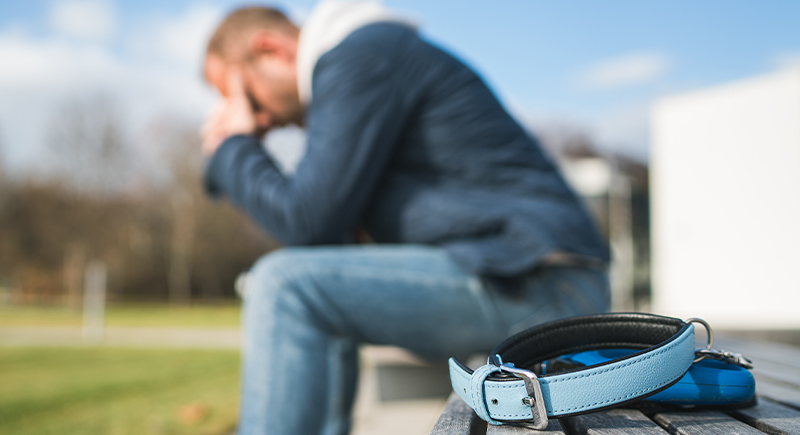
Credit: iStockphoto
Losing a dog can feel like losing a family member. Even owners who expected it describe the grief as overwhelming. There’s also guilt—did you do enough, notice the signs early, pick the right time to say goodbye? Many people aren’t prepared for how much their absence lingers, sometimes for years.
Dogs Get Sick at the Worst Times
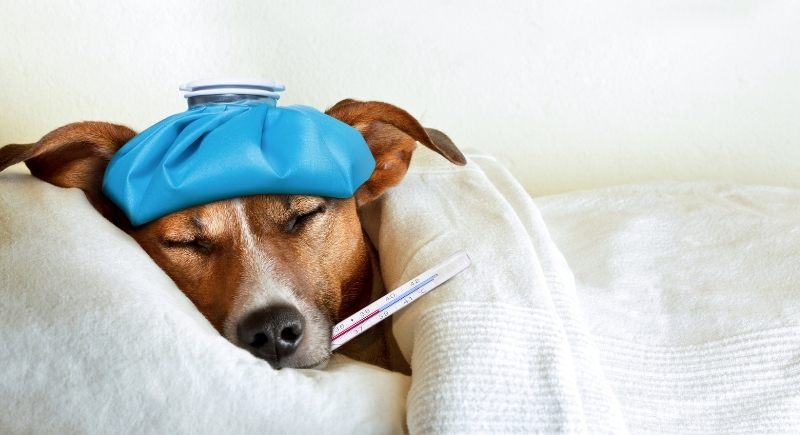
Credit: Canva
Murphy’s Law applies here. Your dog will throw up the morning of a job interview. Diarrhea at 3 a.m. during a thunderstorm is also pretty common. They’ll develop allergies when your budget’s tight and require prescription food only available from one vet. You’ll likely have to rearrange your life, often with little warning.
Puppyhood Is Not Just Cute Chaos
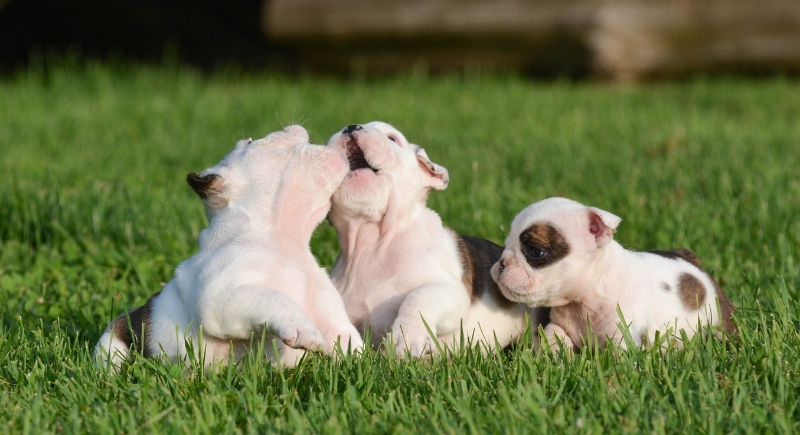
Credit: Canva
Yes, puppies are adorable, but they’re also loud and clumsy. They chew on walls and pee on carpets right after being outside. Many rescues call it the “velociraptor phase” for a reason. It’s exhausting, and no, most dogs don’t just “grow out of it” without help.
You’ll Constantly Question Yourself

Credit: pixelshot
Dog owners often battle internal guilt. You Google symptoms like a new parent and worry about everything from food brands to flea medicine. This low-grade anxiety builds slowly, even for people who genuinely adore their pets and do everything right.
Some Dogs Just Don’t Fit Your Life
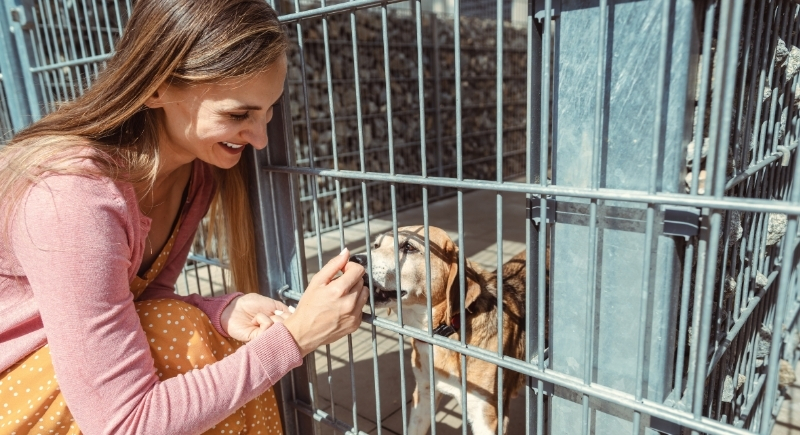
Credit: Canva
Adopting a dog doesn’t guarantee a good match. Energy levels, health issues, and behavior quirks can make a big difference. A couch potato might end up with a herding dog that needs an hour of cardio daily. For this reason, return rates to shelters often spike post-holidays.
They’re Not Always Great With Guests
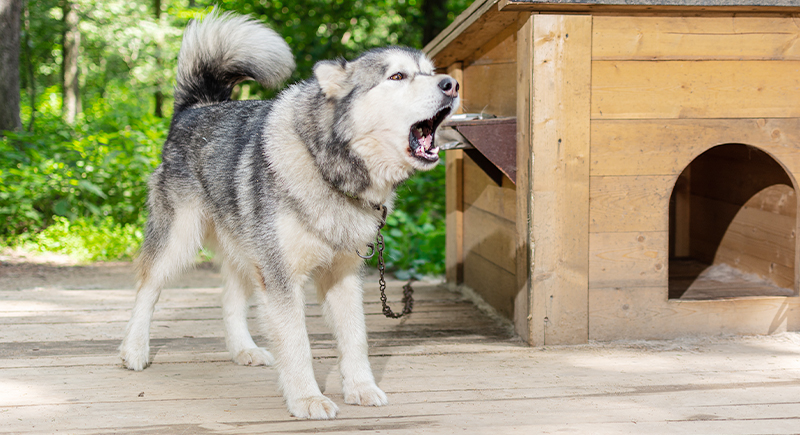
Credit: iStockphoto
Some dogs are social butterflies, others… not so much. A visitor might get barked at or even peed on. Hosting dinner means managing doorbell chaos and apologizing for surprise sniffs under the table. You might even start judging people by how calmly they handle your dog.
You Can’t Fully Relax at Home
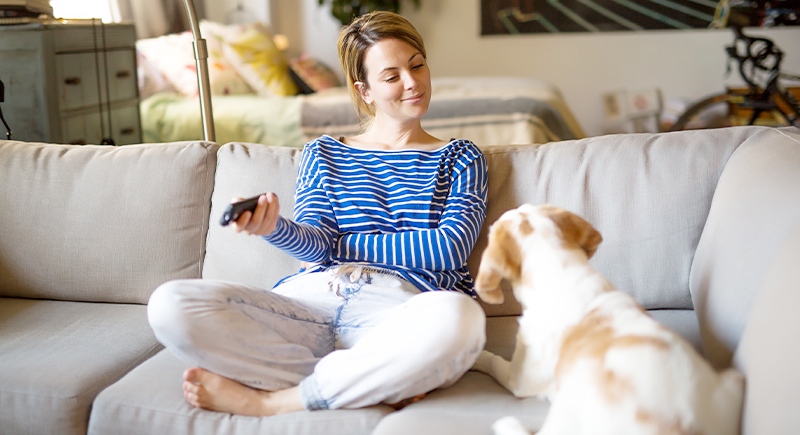
Credit: iStockphoto
Living with a dog means always being a little on alert. If it’s too quiet, they’re probably up to something. If they’re barking, you’re checking for squirrels or deliveries. Even TV time comes with side-eyes and whines if you ignore the leash hanging by the door.